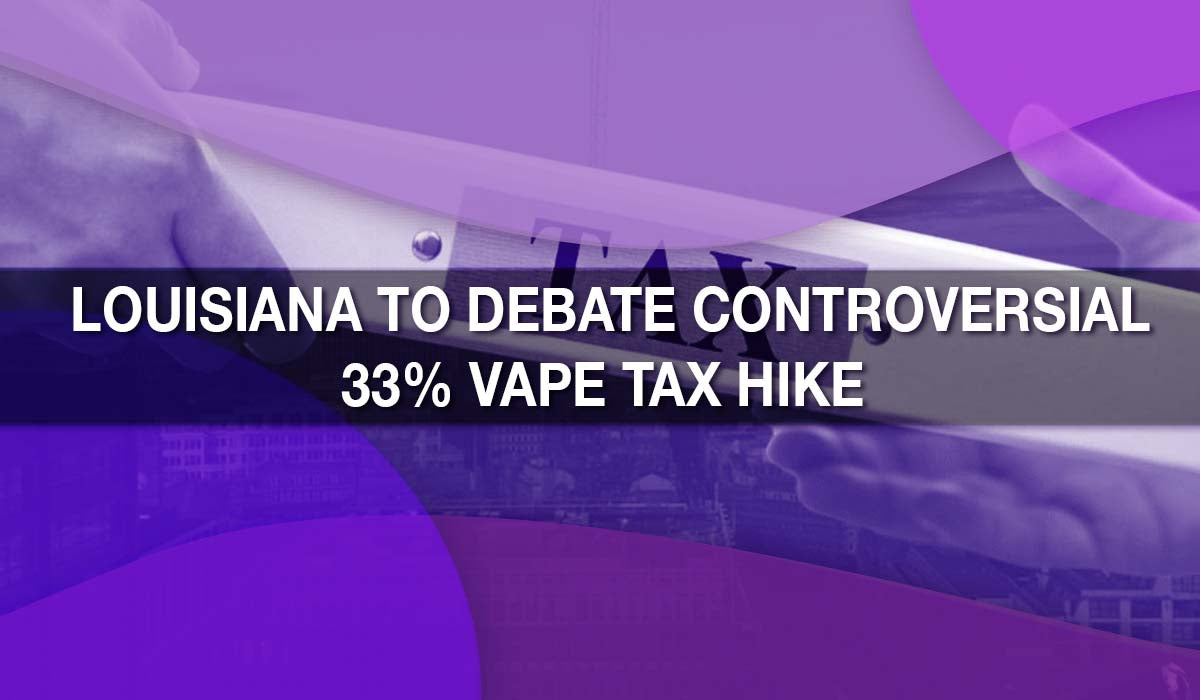
UK Vape Ban Backfires? New Study Shows Disposable Crackdown May Be Slowing Smoking Cessation
A new study out of the UK has raised alarms among public health experts and harm reduction advocates alike. According to academic Dr. Sarah Jackson, the UK government’s aggressive stance on disposable vapes may be having unintended consequences—specifically, stalling the rise in vaping that has historically helped reduce smoking rates.
In a social media thread discussing the findings, Dr. Jackson highlighted how vaping trends have shifted significantly since the UK government announced its intent to ban disposable vapes in January 2024.
📉 What the Research Found
The data, pulled from over 88,000 adults through the Smoking Toolkit Study between January 2022 and January 2025, reveal two major developments:
-
The growth in vaping has plateaued, especially among young adults.
-
Reusable devices are now gaining traction as disposable vape use declines.

Before the government’s policy announcement, vaping among UK adults was rising rapidly—up by roughly 23% annually. But after the proposed disposable ban, that momentum stopped. Vaping rates flattened at 13% among all adults, and at 26.5% among 16–24-year-olds.
Use of disposable vapes also took a noticeable dip:
-
Among all vapers aged 16+, disposable usage fell from 44% to 29% in just one year.
-
For young adults (16–24), the drop was even more dramatic—from 63% to 35%.

Dr. Jackson noted that while the study didn’t directly investigate why these changes occurred, behavioral shifts in anticipation of regulatory action are not uncommon. In response to the looming ban, manufacturers and consumers alike have pivoted toward rechargeable alternatives that mimic disposable convenience but comply with evolving laws.
🧠 Implications for Public Health Policy
Dr. Jackson was careful to frame the issue as a policy dilemma rather than a clear-cut success story. While she acknowledged the government’s aim to reduce youth vaping, she emphasized the continued importance of supporting adult smokers who rely on vaping to quit combustible cigarettes.
“Smoking remains the number one public health priority,” Dr. Jackson said. “Policymakers should prioritize measures least likely to undermine how helpful vapes are for people trying to quit smoking.”
This cautionary stance was echoed by harm reduction expert Clive Bates, who pointed out that vaping exists in a broader “adaptive system.” Simply banning one product type can ripple through the market and user behavior—sometimes in counterproductive ways.
“It is not good news if vaping growth stalls in young people if they are smoking instead,” Bates said.
While Dr. Jackson agreed, she reassured followers that no spike in smoking among younger adults has been observed—in fact, smoking rates in that group are falling fastest. She also mentioned that the research team is monitoring alternative nicotine products like pouches, with plans to publish that data soon.
🔄 Market Response & The Bigger Picture
The study underlines how policy-driven changes are shaping consumer behavior. As disposable bans inch closer to reality, vape brands have responded by developing rechargeable versions that deliver a similar experience with a regulatory loophole. But with these changes come challenges:
-
Will new rechargeable products be as accessible to adult smokers as disposables once were?
-
Could confusion and restricted options push some users back to cigarettes?
-
Are policymakers accounting for the broader harm-reduction ecosystem, including pouches and NRTs?
These are the questions that must now guide future policy decisions—not just panic-driven headlines or youth-centric rhetoric.
🧪 The Road Ahead: Evidence Over Emotion
Dr. Jackson’s findings are a clear call for evidence-based policy that prioritizes smoking cessation without inadvertently sabotaging the very tools that make quitting possible.
As she said, “We will continue to monitor trends in smoking and vaping to allow policy decisions to be informed by up-to-date evidence.”
Let’s hope policymakers listen.
See the full study here.









Leave a comment
This site is protected by hCaptcha and the hCaptcha Privacy Policy and Terms of Service apply.